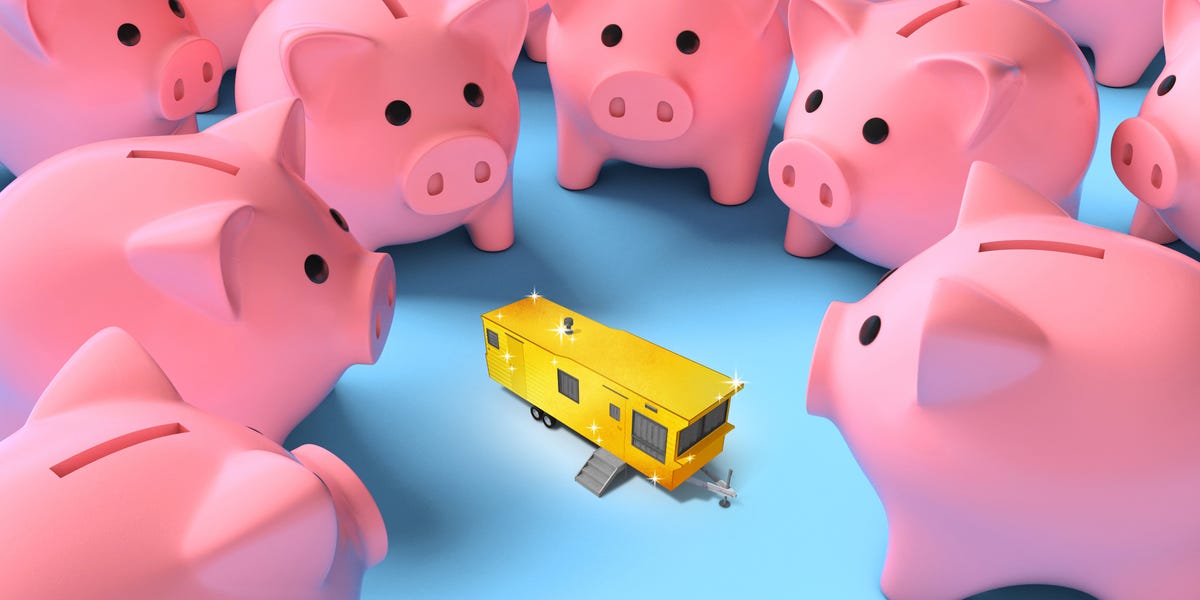I
n the unlikeliest of corners, a new wave of entrepreneurs is finding fortune in America's trailer parks. Mobile home flipping, once a niche pursuit, has become a lucrative business, attracting investors from all walks of life who are capitalizing on the country's housing shortage.
For Byron and Sharnice Sellers, it started with a podcast episode that changed everything. The couple, who had been renting an apartment in Chicago, were introduced to mobile home investing by a real estate expert. "It was like they were speaking our language," says Sharnice. With just $10,000 borrowed from a high-interest loan, the Sellerses began scouring trailer parks for undervalued homes.
Their first deal was a doozy – two units in a park 90 minutes outside Chicago that they snagged for $4,300. After some TLC, including new flooring and appliances, they sold both homes for a tidy profit of $19,500. This was just the beginning. The Sellerses went on to flip dozens more mobile homes, earning a six-figure income in their first year.
Their success has inspired a community of like-minded investors who are following in their footsteps. Mersadez Joseph, an EMT from South Carolina, and her husband Devon have flipped over 20 mobile homes, earning $250,000 in the process. Michael Wiley, a former factory worker turned investor, has made six figures flipping mobile homes in Alabama.
These entrepreneurs are drawn to the sector's unique characteristics – low barriers to entry, high demand, and relatively low costs. Mobile homes provide affordable housing for millions of Americans, and their prices have been rising steadily over the past few years. According to census data, new manufactured home shipments increased by 60% between 2014 and 2024.
Investors like Byron and Sharnice are now teaching others how to navigate this lucrative market. Their online courses and mentorship programs have attracted thousands of students, many of whom are people of color who might not have otherwise had access to real estate investing. "It gives them the confidence to say, 'Hey, if they can do it, I know I can too,'" says Sharnice.
However, this boom may be short-lived. Housing advocates are starting to take notice of mobile homes as a solution to the country's housing shortage – but with caveats. Local zoning laws and regulations could soon make it harder for investors like Byron and Sharnice to operate in the sector. As one expert notes, "Protections would likely mean higher prices, which could eventually price out these investors."
For now, though, mobile home flipping remains a lucrative business that's changing lives – and providing affordable housing to millions of Americans. As Byron puts it, "Where else in America can you find a move-in-ready house for less than $30,000 to $50,000?"














